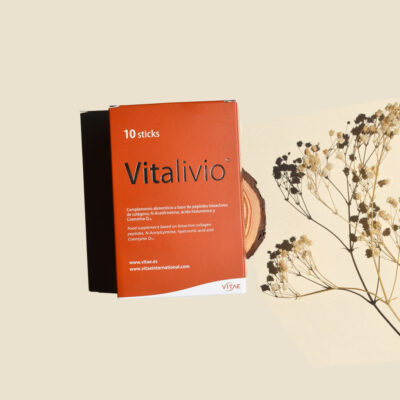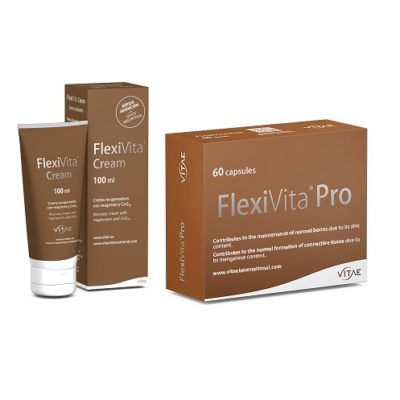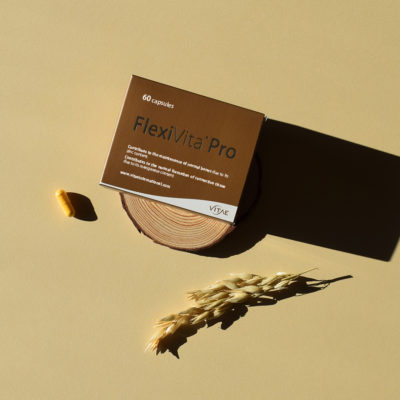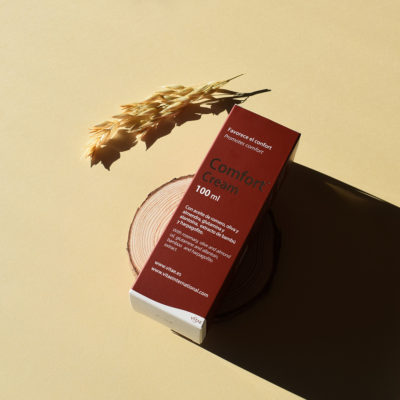Neck pain or contractures are the order of the day. They are part of this type of new “epidemics” that have arisen as a result of the lifestyle we lead. Hours and hours sitting at the computer, bad postures, stress, lack of sleep … and a long etcetera.
The good news is that there is a solution. There are tremendously effective ingredients for these types of ailments, and the best known and most effective is magnesium. Of course, always accompanied by an internal reflection on what may be the cause of the pain and how we can improve it.
Like everything, we cannot just patch up the problem but we must go to the root of the problem and know that, the contracture arises because throughout the day we accumulate a lot of tension due to a toxic co-worker, for example and we should try to find solutions to manage the problem.
Listening to what our body tells us is of vital importance, as well as working the mind and emotions to live a life with more harmony and well-being.
Magnesium
Magnesium is of vital importance to our body, to be more precise, 60-65% of total magnesium is found in bone, around 27% in muscle and approximately 1% in extracellular fluid.
Magnesium deficiency is directly related to a large number of neurological, cardiovascular, renal, gastrointestinal and muscular disorders (contractures).
In addition, to make matters worse, there are studies that show that magnesium intake is below the recommended intakes in approximately 30%, in a high percentage (15-20%) of the population of industrialized countries.
The importance of magnesium in muscle contraction
When we want to move some part of our body, the brain generates a nerve impulse that is transmitted through the motor neurons, travels to the end of the axon and this makes contact with our muscles, which is called neuromuscular contraction.
For the neuromuscular contraction to take place, the ATP molecule is necessary, which is essential to generate this movement. The issue is that without the presence of magnesium the ATP molecule could not detach and generate this muscle contraction, so this mineral is essential to produce this movement.
Contractures and magnesium
A chronic contracture produces a lack of blood supply to the muscle that creates painful points, in the muscle, called trigger points which triggers pain which most of us are familiar with.
All this is caused due to an excessive release of acetyl-coenzyme A which releases more calcium from the muscle. This means that there is an excess of calcium in the trigger points, where it accumulates causing retractions and strained bands in the muscle fibers.
This trigger point can also be defined as a part of the muscle fiber that is in a state of permanent contraction, causing the rest of the fiber to be tense.
Magnesium is a mineral that, due to its structure, cannot travel alone in the bloodstream and is usually accompanied by calcium.
If we ingest magnesium through our diet, it tends to look for calcium from those places where it is left and thus be able to travel in blood. If we have a chronic contracture, magnesium will bind to calcium accumulated in those painful trigger points and extract it to travel together in the bloodstream, thus decreasing the accumulation of calcium that has generated acetyl-coenzyme A in muscle contracture.
Finally, emphasizing on the fact that it is important to choose a high quality of magnesium, so that it is bioavailable and achieves the desired effect.









